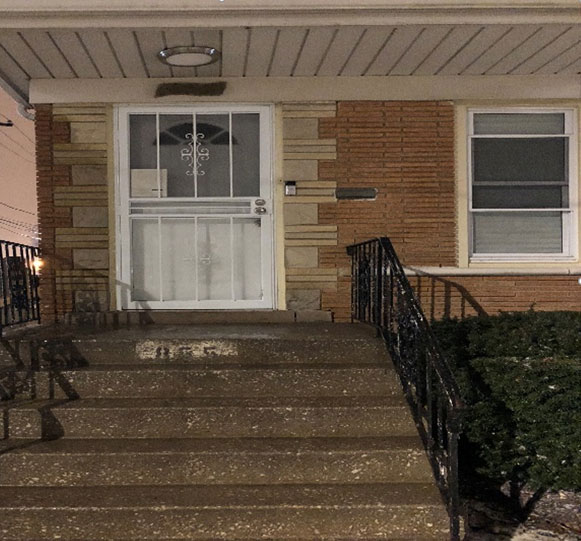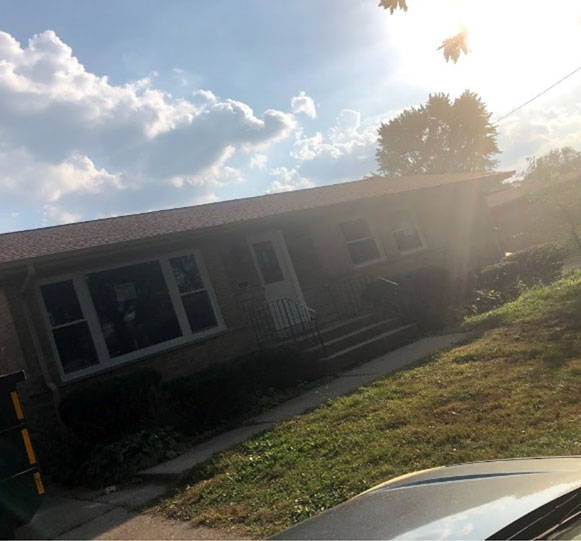Land Bank SFH
Serena Hills House
First thing’s first, you need to find the property that suits you and your goals. There are a few ways you can do this. You can certainly find a realtor that will assist you with searching on the MLS for a home that you like. You can also search the retail sites such as Trulia, Redfin and Zillow to see what is available on the market. At JD Buys Houses LLC, we prefer to find property that isn’t listed on the MLS because we feel that is where the best deals lie.
A good general indicator is to figure out the property’s cash flow. Understanding cash flow is vital, especially if you’re buying your first rental property. In its simplest form, it is the rental income minus monthly expenses. A positive cash flow means more income is generated than the expenses being used. A negative cash flow means the opposite. Obviously, you should aim for positive cash flow.
Before you plan on buying your first rental property, it’s important to make sure your finances are in check. Financing a property usually comes through obtaining a mortgage, and the rate you get on a mortgage usually depends on your credit score.
A high credit score means a better chance of receiving a loan and paying lower monthly payments.
When you decide to buy an investment property, the down payment is going to be an important factor in how much profit you make each month. The more cash you’re able to put down on the home, the lower your monthly payment is going to be.
There are several factors that determine what your down payment needs to be. Some of these include your income, credit score, debt-to-income ratio, and if it’s going to be an owner-occupied investment property.
If you’re not planning on living in the property, a 20% down payment is usually the minimum. This would give the property a loan-to-value (LTV) of 80%. Occasionally you can put down just 15% (85% LTV) if you have a credit score over 720. If you’re planning on buying a multi-family investment property, it’s likely you will need a down payment of 25% (75% LTV)
Because lenders are taking on additional risks when they lend to investors, there are different lending rules involved. Higher risk means higher interest rates and down payment requirements. But what about the actual mortgage products available to investors? Here are a few of the options to consider.
These tend to be the most basic type of loan. They are not backed by the government, instead they are eligible to be purchased by Fannie Mae and Freddie Mac because they meet certain requirements.
Both FHA and VA loans are available to investors but with one stipulation. Investors will usually need to purchase a multi-unit property and occupy one of the units. VA loans are only available on primary residences, so as long as the investor plans to live in one of the units, a VA loan can be used.
If you currently own a home, you can choose to take out either a home equity loan or a home equity line of credit. This would allow you to use the equity in your current home to cover the down payment on the new investment property. Quicken Loans currently does not offer home equity lines of credit but homeowners could refinance and take cash out of their primary residence if they have enough equity to do so. Another option for financing an investment property is to take out a generic personal loan.
A-Z steps on how to obtain your first cash flowing property
Discover How To Make Passive Income With Rental Properties
What You’ll Learn:
- Rental Home Basics
- Prospecting Homes that make sense as rentals
- Purchasing process of rental homes
- No Money Down Acquisition techniques
- Refinancing/Long-Term loans
- Tenant selection
- Managing Rentals
- How to grow/scale your rental portfolio
An easy-to-use, step-by-step video guide that covers all you need to know about buying, financing, and managing of your first rental deal.
Start learning today with an immediate download.
Once you enroll, you have immediate, UNLIMITED access to the course content. You can watch as many times as you need.
Need a 1 on 1 session to help speed up your rental property business?
- What areas you should be investing in for rentals
- What types of homes you should be investing in vs. which homes to avoid
- How to screen tenants, and common things to watch out for
- How to get the most value out of your rentals
- How to deal with tenants
- How to structure your leases and what terminology to avoid
- How to finance and scale your rental portfolio.


